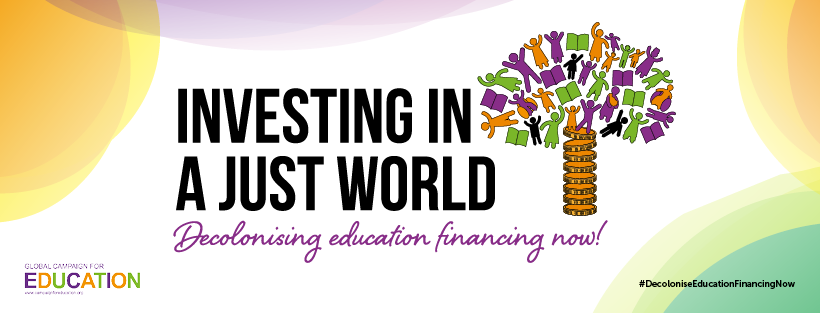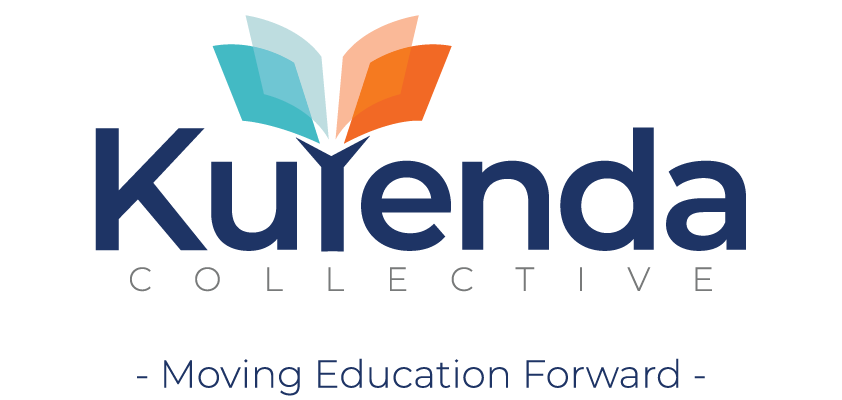Rural Youth Participation in #GAWE2023 Policy Dialogue

On Monday 29th May, 2023, the African Region Policy Dialogue convened by the Africa Network Campaign on Education for All (ANCEFA) under the theme “Decolonising Education Financing Now!” Ten Rural Youth joined in the virtual dialogue #ActionOnTax and shared their views on education budgeting and financing in their countries in the chat function on Zoom. Many of the youth passionately called for open budget processes for accountability in education resource management, impact of national debt on education sector financing and the need for tax reform and a new approach to resource allocation to ensure equitable access to education resulting in meaningful education outcomes for rural learners.
One rural you pointed out that;
If the curriculum is not funded even the skills needed will not be effectively trained to the youth. Financing education will open up more doors for development from community level, national and regional. Since community Development starts with education, if the education or the tool for development is crippled, no development is going to happen.
Rural Youth Voice
As the Kuyenda Collective, we are proud to be participating in the 20th Global Campaign for Education Week of Action (GAWE) with our Rural Youth Advocacy Champions from Malawi, Mozambique, Tanzania and Zimbabwe. We join in the call to decolonise education financing because we believe that financing education mechanisms are key to transforming education. Most importantly, for education systems to produce inclusive and equitable outcomes as envisioned in Sustainable Development Goal 4 (SDG$) and the Africa We Want (Agenda 2063).
Kuyenda Collective
National Governments in Africa must have funding mechanisms that enable resources to be allocated to the disadvantaged learners in our countries. These learners are mostly found in rural areas. To ensure that our African Governments have more money to invest in inclusive and quality education we call for the adoption of progressive taxation systems.
Tax systems that put equity first in the collection and spending of public resources. Our governments should put in place mechanisms for fair tax as well as ring-fence funds specifically for inclusive and equitable education. The allocation / distribution of these resources should be focused on addressing identified needs of Rural Youth as a priority being the most marginalised group of learners. Investment in education information management systems (EMIS) capacity is essential to ensure that resource use is well-directed.
Learn more about Education Information Management Systems here
#EducationResourcesMustReachRural #GAWE2023

